Pulse stood for years as a crossroads for multiple cultures in Orlando. Now it will move forward as a memorial to those killed there in an infamous attack in 2016. What exactly will stand there has yet to be determined, but Pulse founder Barbara Poma wants to make sure it serves both the Central Florida community of people who once flocked to the club and the worldwide network of supporters who reached out after the shooting. "By the nature of who we are, the community is global," Poma says.
The public will get a chance to weigh in on the future of the site Wednesday, when the onePULSE Foundation will host the first in a series of town halls.The event will be held at the Orlando Repertory Theater. The same day, the foundation will post an online survey for anyone who wants to have input on a memorial at the site of the club. Responses will be collected through October 31 this year. A second town hall will likely be held in January.
The information gathered through the live events and online surveys will help guide foundation leaders as the memorial comes to fruition. The organization will also work with parties involved with similar memorials, including the National September 11 Memorial & Museum and the Oklahoma City National Memorial.
Of course, the Orlando club became thrust into history June 12, 2016 when a shooter attacked Pulse. There were 49 fatally wounded in the attack before police killed the shooter. The attack remains the deadliest mass shooting in modern U.S. history, and the deadliest hate crime in the U.S. apparently targeting LGBT people. Poma notes that a broad cross-section of individuals fell victim to the attack, including a number of LGBT allies. The shooting occurred on Latin night, so a majority of victims were Hispanic. "Pulse served all kinds of cultures," she says. "It served everybody."
Organizers announced the formation of onePULSE Foundation in May, establishing a fund to construct and maintain a memorial and museum as well as to make grants to survivors and victims' families, scholarships, and educational programs.
Earl Crittenden, board chairman for the foundation, says the focus right now is on navigating the challenges of the site and discovering the proper way to bring a sustainable memorial to life. Foundation officials offer a "rough estimate" that a facility could open two to three years from now but stress that they are learning the process of creating a museum as they go.
Speaking with people who opened other historic museums, Crittenden says urban planning issues will be taken into account. The Pulse site existed to hold a nightclub in a commercial area near fowntown Orlando. A major hospital sits blocks away -- a fact that doubtless saved lives last year -- and the construction of a landmark must not affect public safety or ambulance access. The former bar also sits near residential neighborhoods.
But long-term, the greatest mission for the memorial will be curating artifacts from the attack. "We're dealing with such a sensitive subject matter, and we have to be respectful of the 49 and their families," Crittenden says.
Many consider the club building one of those artifacts. Pulse in the wake of the attack has become a highly visited site in Orlando, with candles, artwork, .and a constant revolving inventory of memorials to individuals lost turning the gay bar into an enormous shrine. Poma has hosted victims' families behind the fences that now surround the club for special remembrance occasions, notably during the first anniversary of the attacks. "First and foremost, we are here to represent the families," says Poma.
The surveys going to the wider public Wednesday have already been collected from families, survivors of the attack, and many of the first responders and government officials who helped the community in the aftermath of the attack. The wishes of those closest to the tragedy will be a major priority as any museum moves forward.
The foundation intentionally formed in a way to show how the entire world viewed the tragedy as its own. When the fund launched, television host Andy Cohen helped produce a pitch video. The board for the organization includes LGBT celebrities like entertainer Lance Bass and retired NBA player Jason Collins. It also includes major leaders in business such as Walt Disney World president George Kalogridis; the company lost employees in the attack and helped fund legal counsel to help incorporate the foundation.
While Poma has said she does intend to reopen the Pulse nightclub in a new location, the original Pulse where the attack occurred will serve as a historic site.
The onePULSE Foundation also unveiled the slogan "We will not let hate win," which has since been used as a Facebook image filter on many a social media head shot. It's not surprising, Poma says, that the image started appearing online more often after the headline-making white supremacy march in Virginia this year. And Poma imagines the memorial and museum will serve as more than just a commemoration of lives lost or a reminder of the attack. It could serve as a venue for exploring issues like bullying and hate crimes.
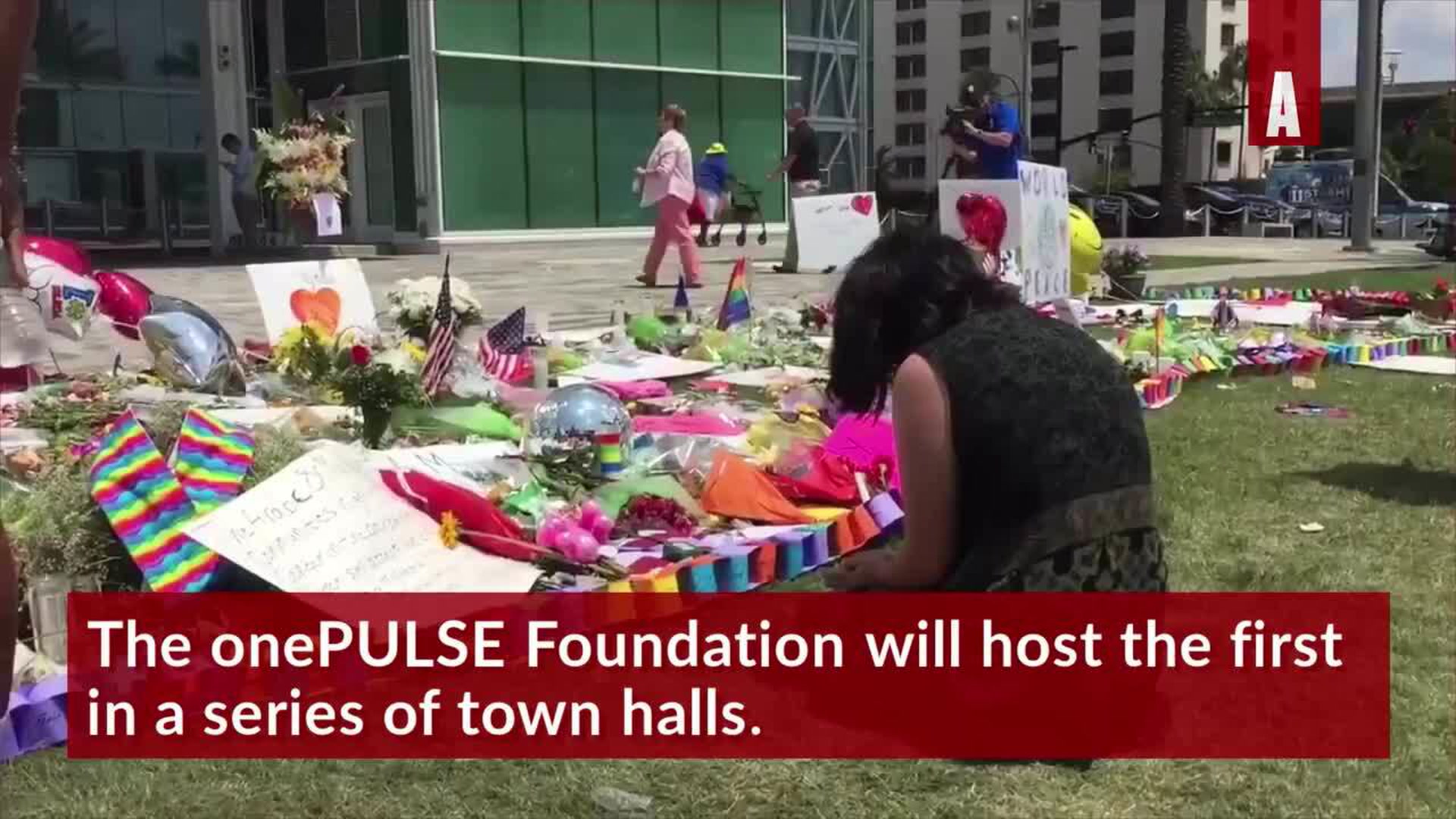


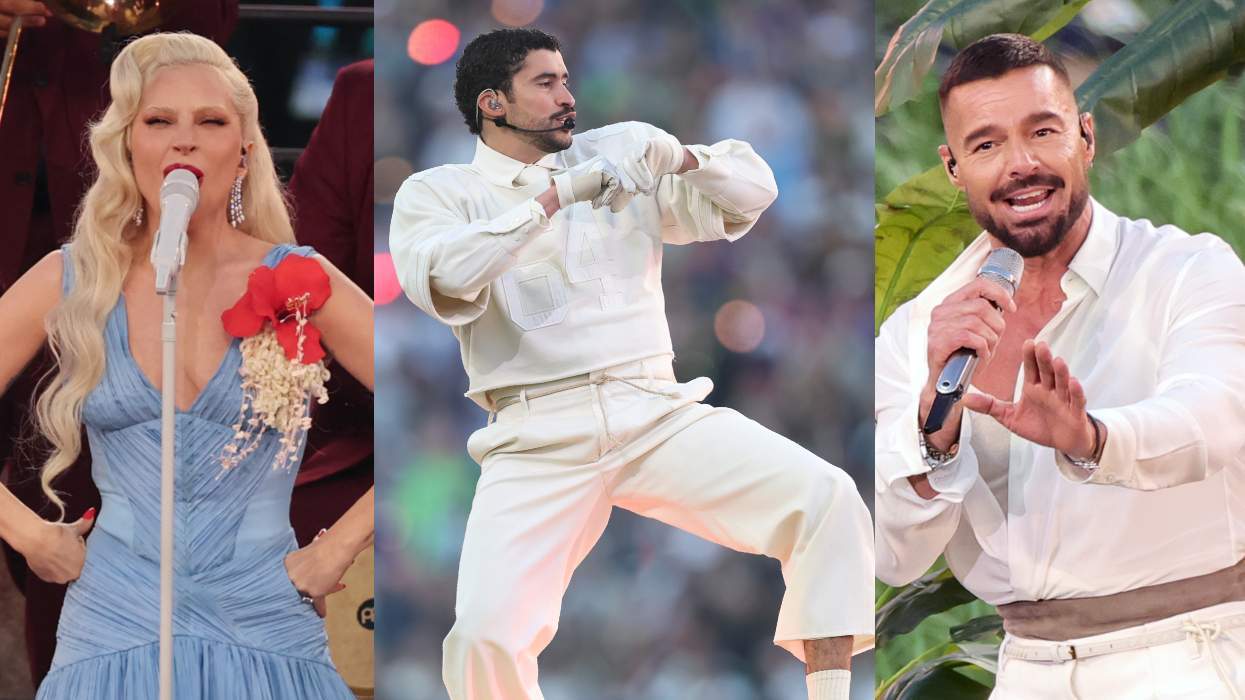

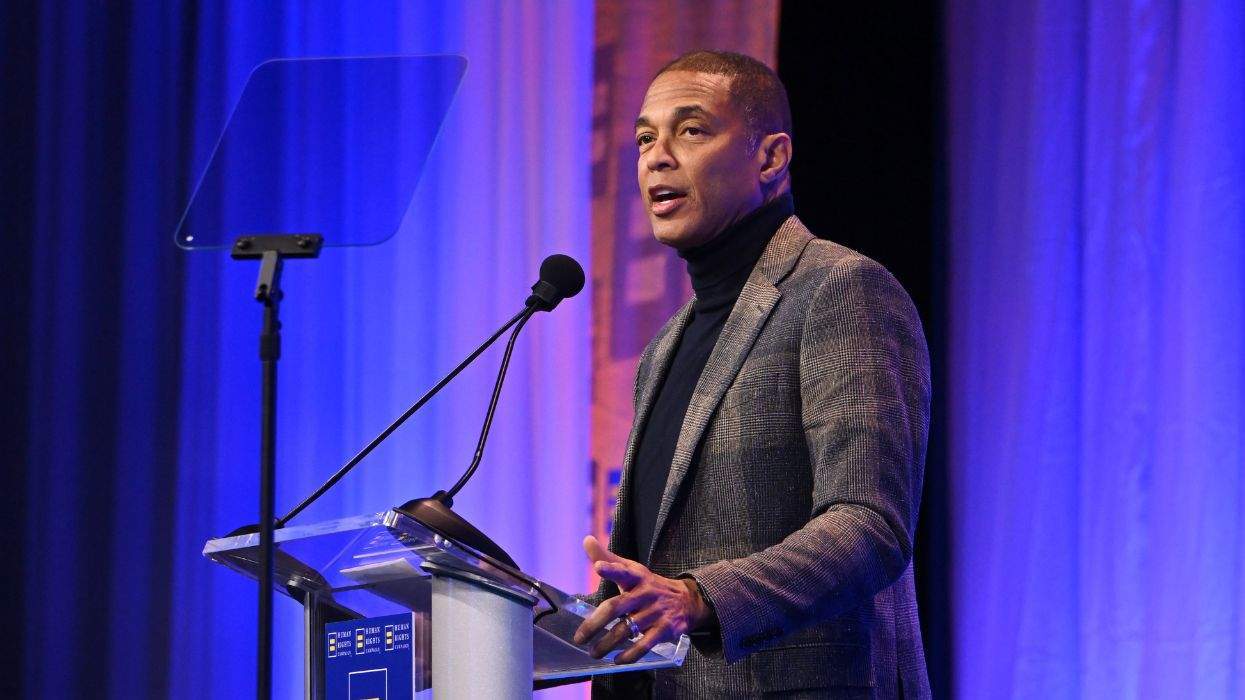
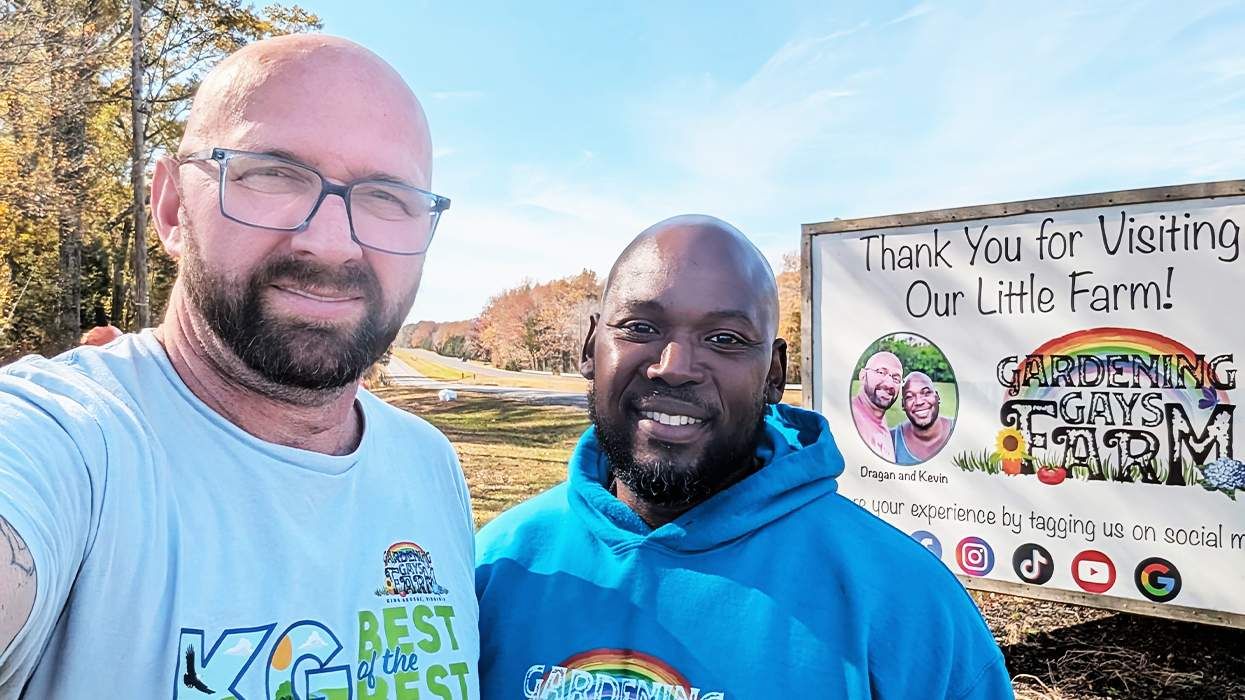
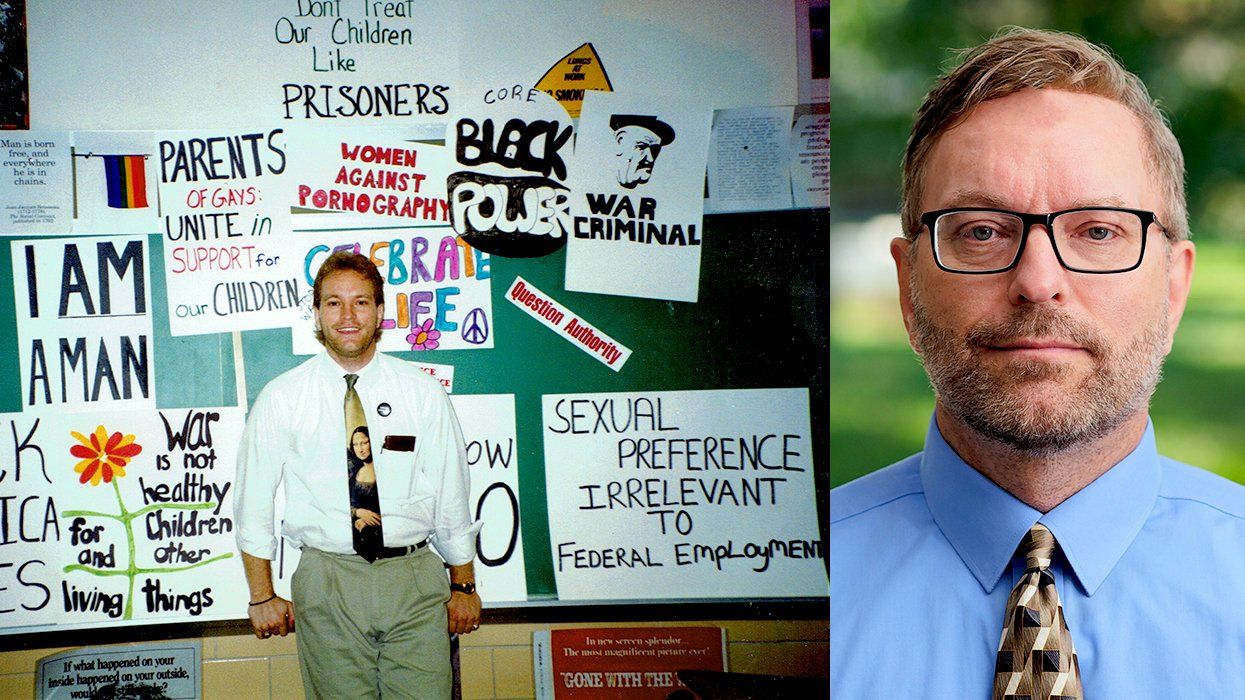
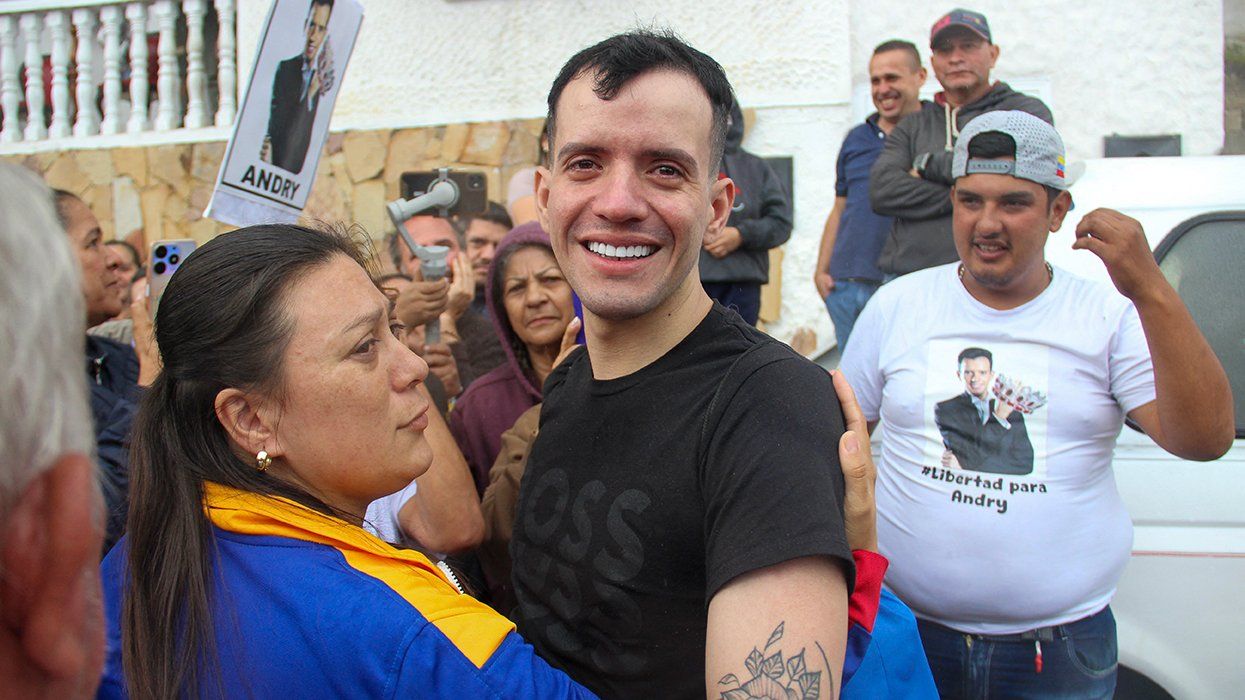

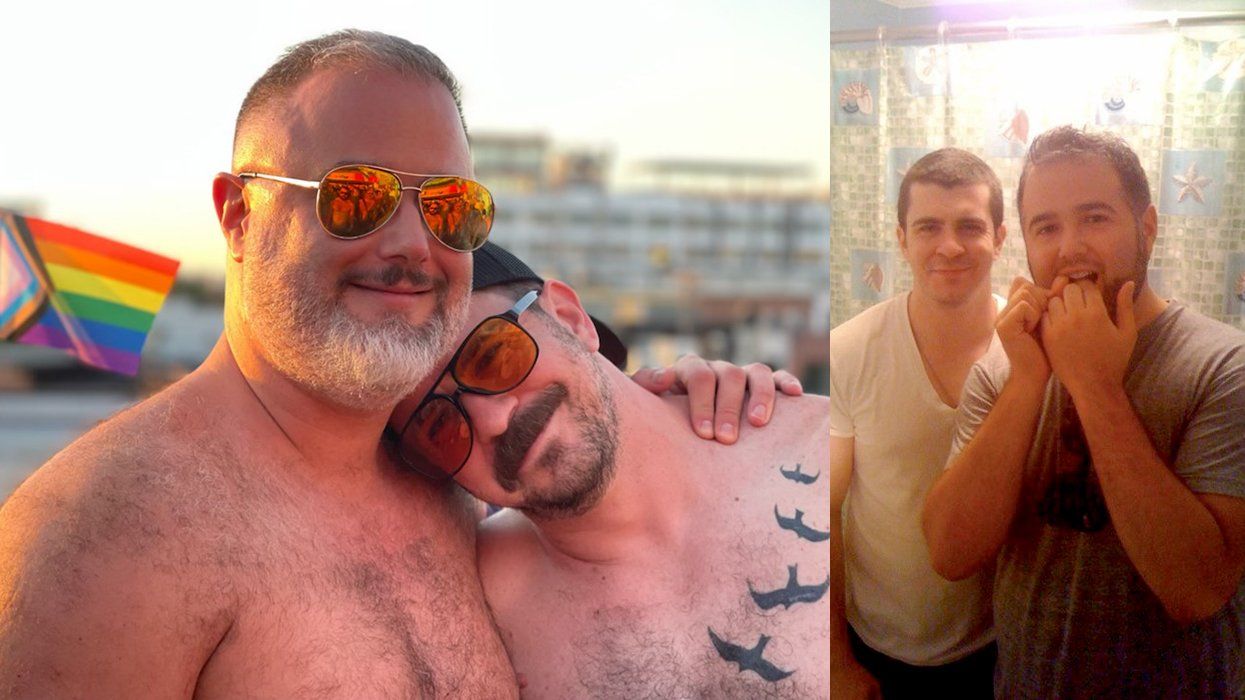


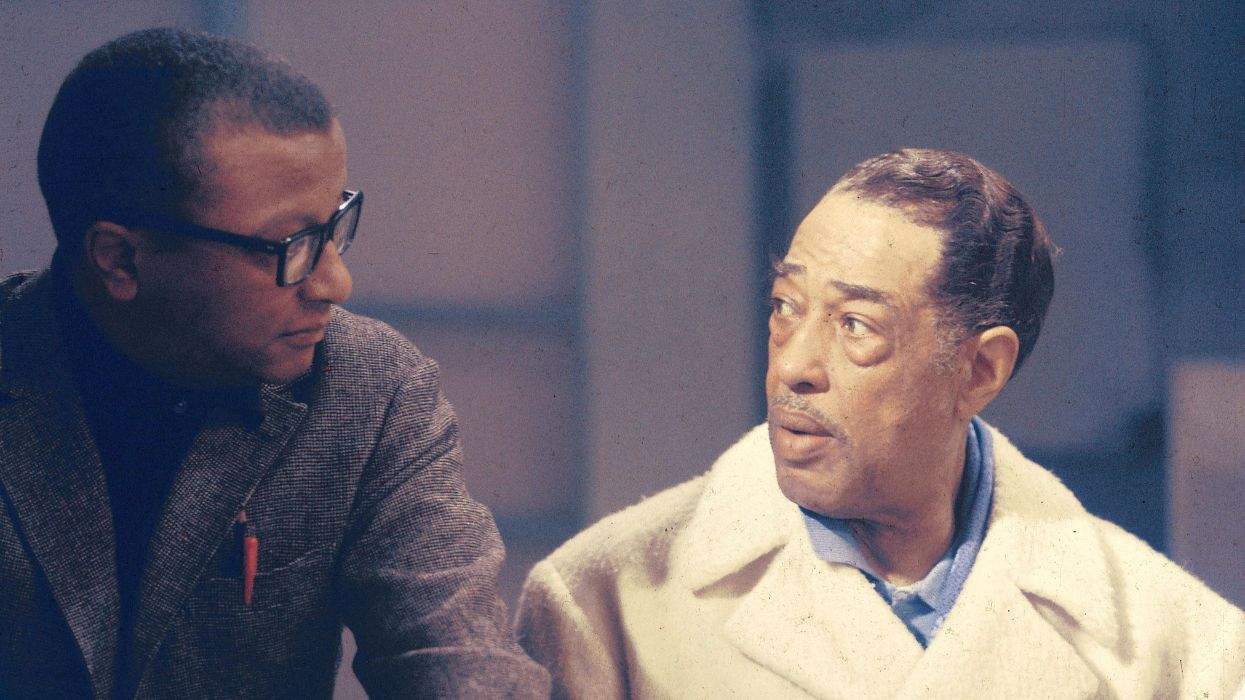
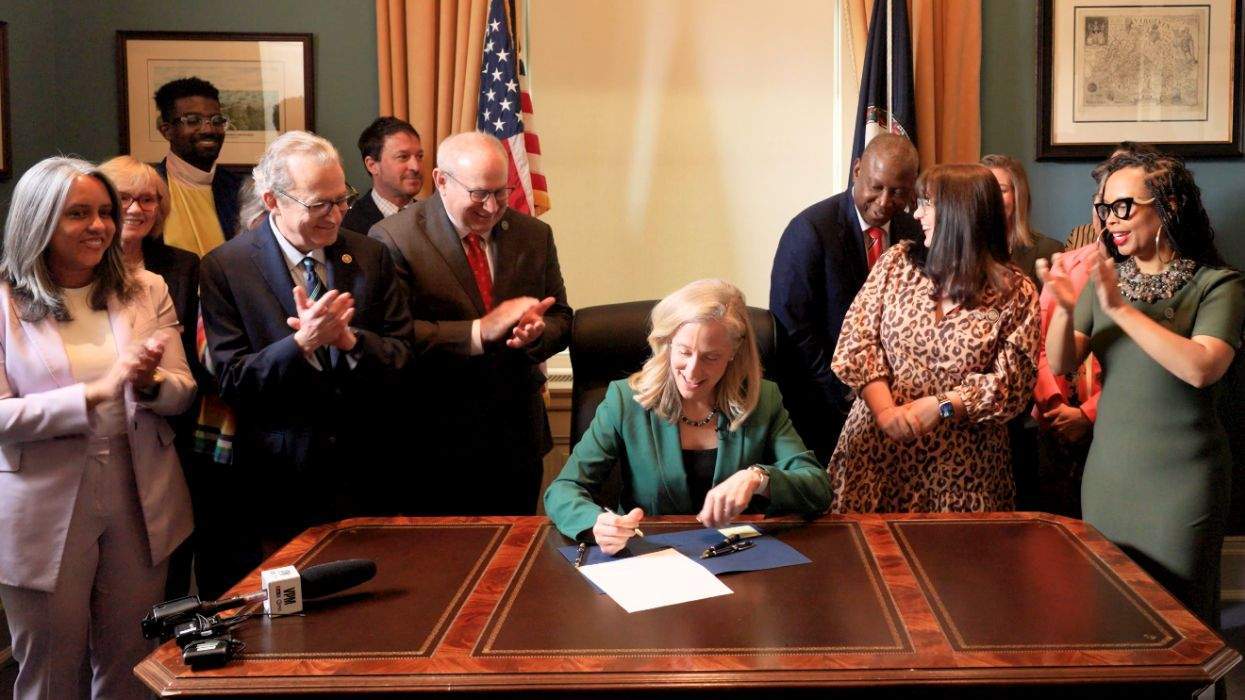

Charlie Kirk DID say stoning gay people was the 'perfect law' — and these other heinous quotes
These are some of his worst comments about LGBTQ+ people made by Charlie Kirk.